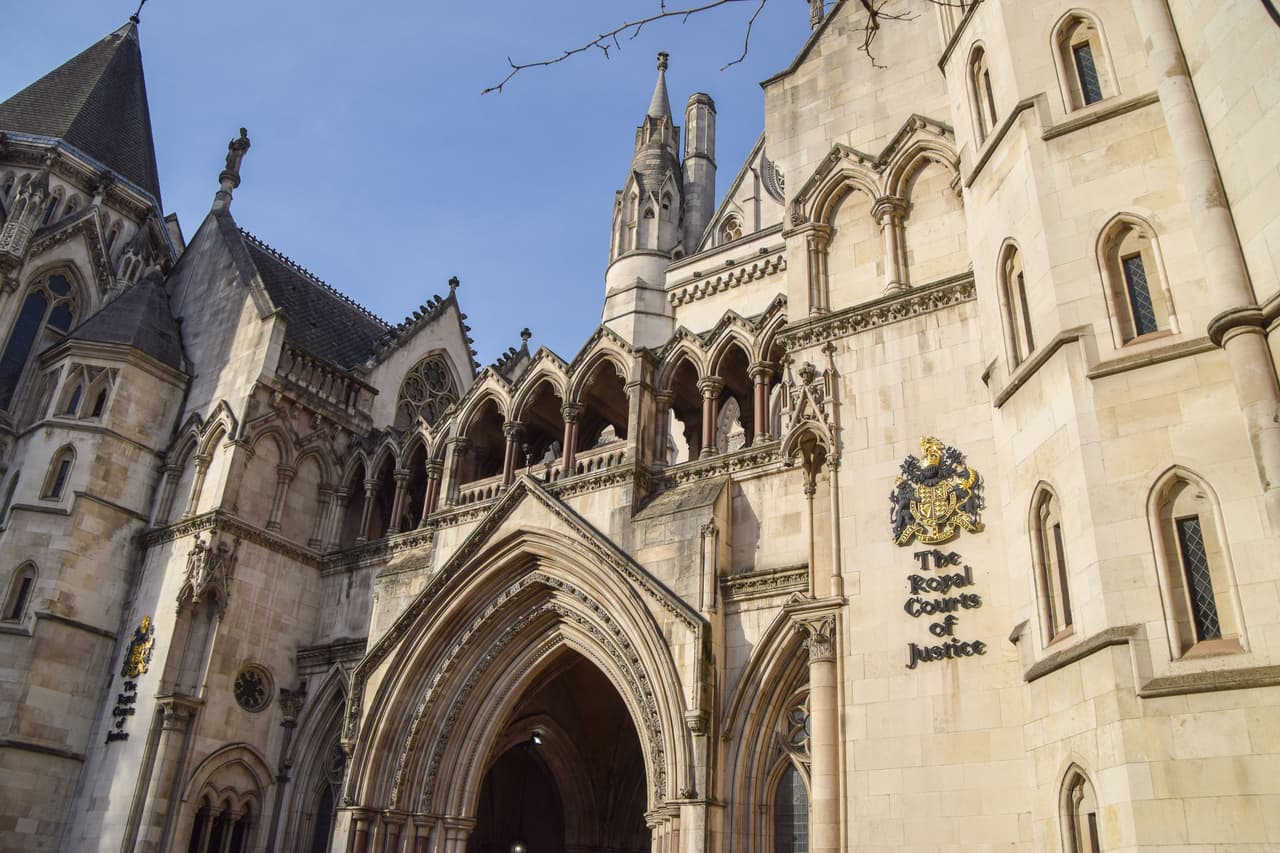
Slapp cases: UK government announces reforms to protect free speech
The British government has announced new measures to stop the rich and powerful from using the courts to silence journalists and activists by hitting them with hugely expensive lawsuits.
If implemented properly, these reforms could radically reduce the ways in which dictators, oligarchs and corrupt corporations are able to threaten reporters and critics with strategic lawsuits against public participation (Slapps).
The Bureau of Investigative Journalism has supported a broad group of journalists, civil society groups, lawyers, academics and politicians, who have put pressure on the UK government to strengthen protections on free speech.
In the past year, the Bureau has submitted evidence to the government, testified to the House of Lords and participated in conferences discussing the repressive effect of Slapps on our work. The Bureau is currently being threatened with exactly this kind of lawsuit for publishing an article scrutinising how the UK has helped a foreign autocrat protect his multibillion-dollar business empire.
“Oligarchs, dictators, rogue corporations and villains – not just Putin's cronies but the likes of Jimmy Savile too – hid behind oppressive British libel laws for years,” said Meirion Jones, the Bureau’s editor. “This is a good package of measures from Dominic Raab and the Ministry of Justice to finally stop them using the threat of defamation litigation to cover up their crimes.”
“The Bureau's reporters and other investigative journalists like Catherine Belton, Tom Burgis and Carole Cadwalladr constantly face legal threats from powerful and cynical individuals or corporations who think they can silence us by threatening lawsuits which are not only astonishingly expensive but divert our investigators from their prime task – exposing wrongdoing.”
Current laws allow corrupt elites to sue journalists and publishers, tying them up in extremely costly court cases, as a means of shutting down criticism. The lawsuits often leave the journalist risking costs higher than the price of the average British home.
The new measures, however, would allow a target of a Slapp to apply to the court and request that the lawsuit be dismissed. The request would then be judged according to three criteria:
- Whether the claim is being brought against activity in the public interest
- Whether it has involved an abuse of process (such as “a barrage of highly aggressive letters on a trivial matter”)
- And whether the case has a realistic prospect of success
The UK Anti-Slapp Coalition said the new reforms would offer a “solid foundation” to tackle the issue but stronger measures – such as compensation for victims of Slapps and punitive damages that would deter litigants from threatening public watchdogs – are still required to properly protect free speech.
By Lucy Nash
Header image: The Royal Courts of Justice in London. Credit: Vuk Valcic/SOPA Images/LightRocket via Getty
Our Enablers project is funded by Open Society Foundations and out of Bureau core funds. None of our funders have any influence over the Bureau’s editorial decisions or output
-
Area:
-
Subject:




